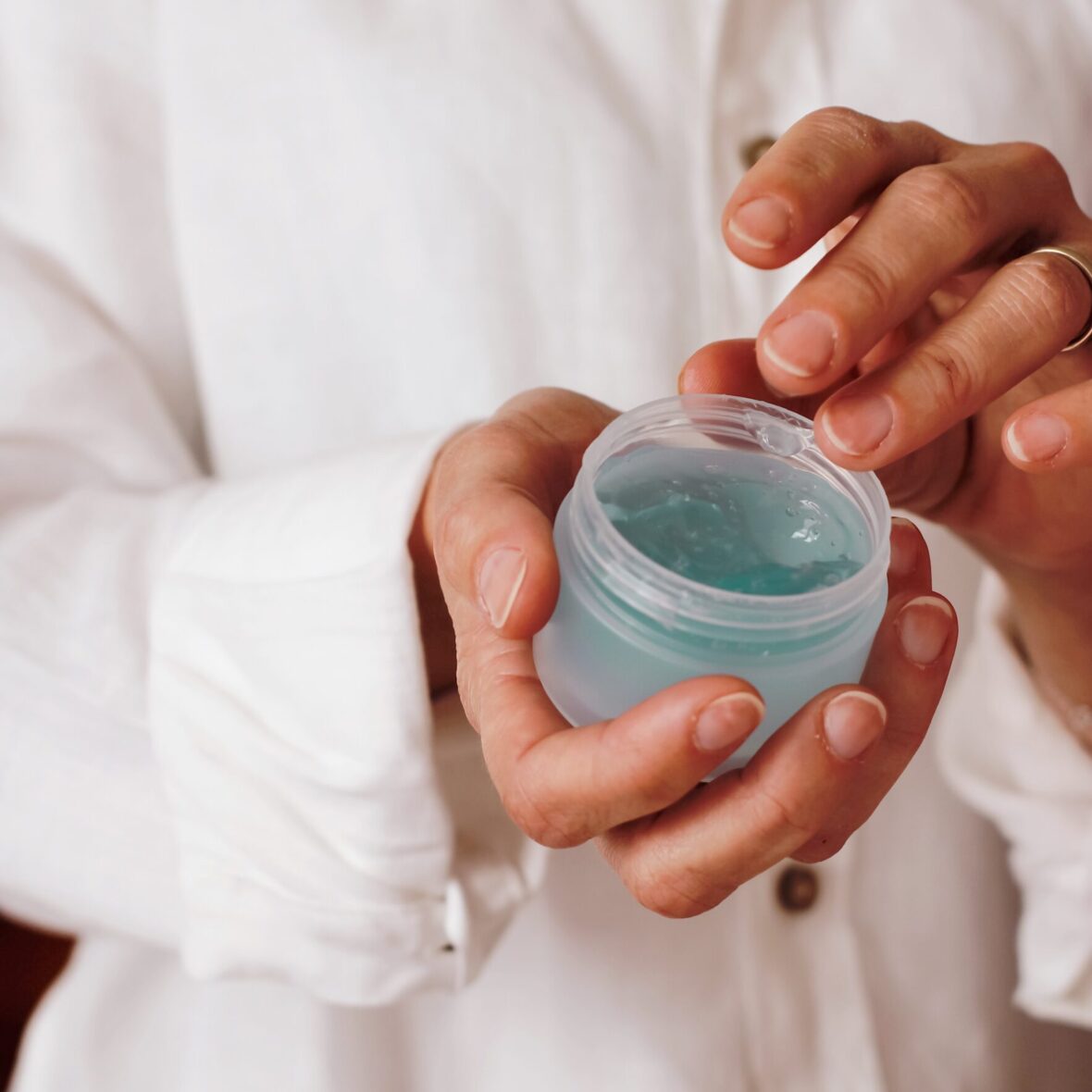
The field of tissue engineering stands at an exciting crossroads. Scientists worldwide are discovering new ways to regenerate damaged tissues and organs, with peptonic peptides emerging as one of the most promising tools in this revolutionary field.
These specialized peptides represent a significant advancement in biomedical research. Unlike traditional synthetic materials, peptonic peptides offer unique properties that make them particularly suitable for tissue regeneration applications. Their biocompatibility and ability to mimic natural biological processes have captured the attention of researchers and medical professionals alike.
What Makes Peptonic Peptides Special
Peptonic peptides possess several characteristics that set them apart from conventional biomaterials. Their molecular structure allows for precise control over cellular interactions, making them ideal candidates for tissue engineering applications.
The most notable feature of these peptides is their ability to self-assemble into complex three-dimensional structures. This property enables them to create scaffolds that closely resemble the natural extracellular matrix found in human tissues. Such scaffolds provide the necessary framework for cells to grow, divide, and organize into functional tissue.
Current Applications in Medical Research
Researchers are exploring peptonic peptides across multiple areas of tissue engineering. Bone regeneration studies have shown particularly promising results, with these peptides demonstrating the ability to enhance osteoblast activity and promote new bone formation.
Cardiovascular tissue engineering represents another frontier where peptonic peptides are making significant contributions. Scientists have successfully used these materials to create blood vessel scaffolds that support endothelial cell growth and maintain proper vascular function.
Skin tissue engineering has also benefited from peptonic peptide research. These materials can promote wound healing by providing a supportive environment for keratinocyte proliferation and dermal tissue reconstruction.
Advantages Over Traditional Methods
Traditional tissue engineering approaches often rely on synthetic polymers or animal-derived materials, which can present compatibility issues or immune responses. Peptonic peptides offer several advantages over these conventional options.
Their biodegradable nature means they naturally dissolve as new tissue forms, eliminating the need for surgical removal. This characteristic reduces patient risk and simplifies treatment protocols.
The customizable properties of peptonic peptides allow researchers to tailor their characteristics for specific applications. By modifying the peptide sequence, scientists can control factors such as degradation rate, mechanical strength, and cellular adhesion properties.
Future Prospects and Research Directions
The potential applications for peptonic peptides in tissue engineering continue to expand. Current research focuses on developing peptides for complex organs such as liver, kidney, and neural tissue.
Emerging studies suggest that combining peptonic peptides with stem cell therapy could enhance regenerative outcomes. This combination approach may provide better control over stem cell differentiation and tissue formation.